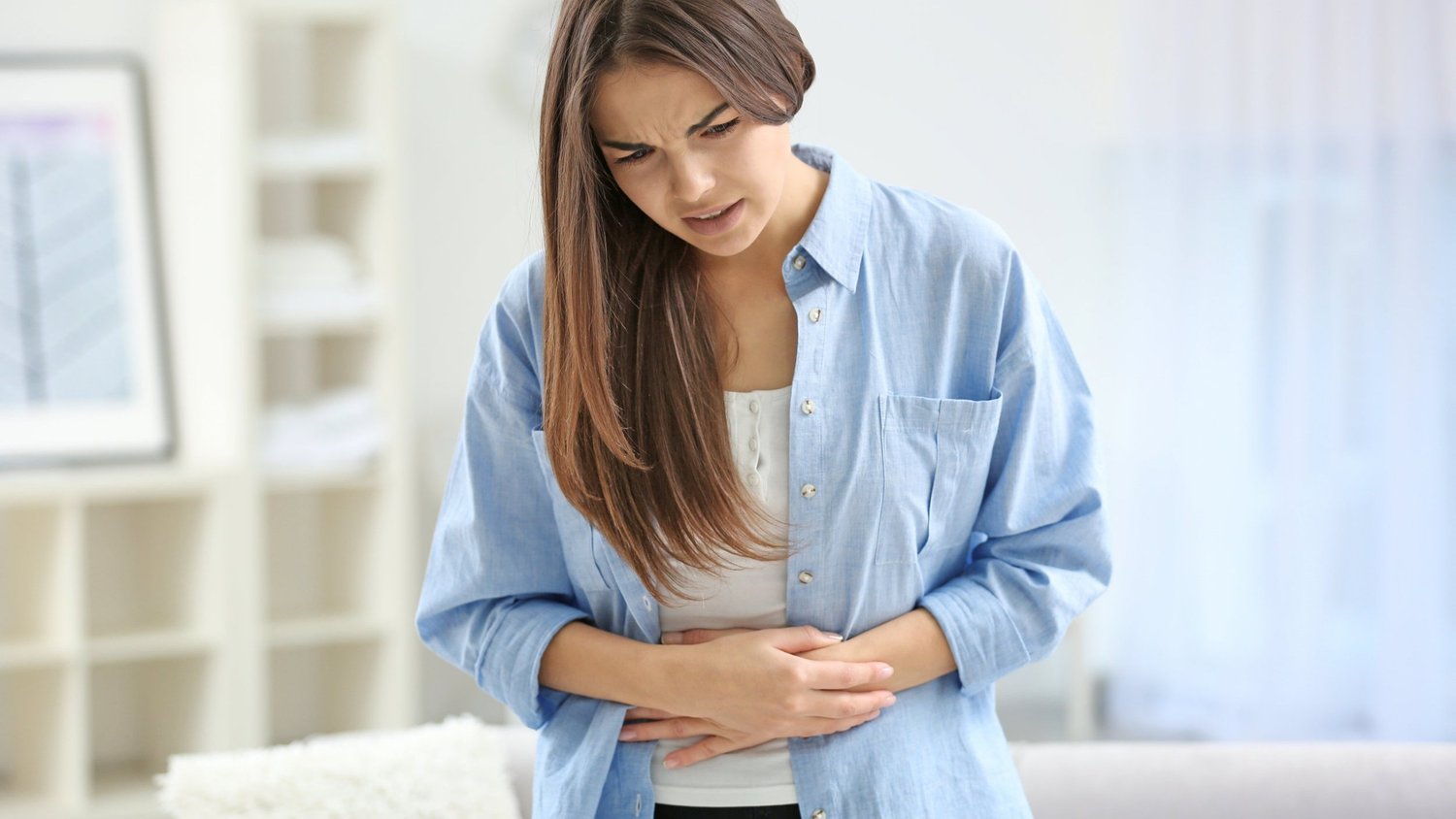Most women are able to cope with heavy periods, menstrual cramps, and painful sex once in a while. But for up to 10% of women of childbearing age in the United States, these symptoms signal something more serious: endometriosis.
What is Endometriosis?
Endometriosis is a chronic condition in which tissue from the inside of the uterus (the endometrium) grows on the outside. Endometrial tissue growth may also occur on the ovaries, fallopian tubes, pelvic lining, and in rare cases may affect pelvic organs and other internal organs. This disease usually causes a lot of pain, discomfort, fertility issues, and more.
It’s vital that people with endometriosis get the treatment they deserve and don’t continue to suffer in silence. Take a look at the common symptoms listed below, and make an appointment with your provider if any sound familiar.
1. Painful Periods
Extreme pain lasting more than two days is not normal for a menstrual cycle. If you’re experiencing severe pain during the time of your monthly period, and over-the-counter pain medication does not remedy the situation, contact your provider as you may be suffering from endometriosis.
2. Long, Heavy Periods
With endometriosis, unrelenting pain isn’t the only thing your menstrual cycle brings. Excessive bleeding is another common endometriosis symptom. And when it comes to length, your period shouldn’t be longer than six days—with endometriosis, periods can go on for over a week.
3. Painful Sex
Painful sex, or dyspareunia, is a common symptom of endometriosis. Penetration and other movements related to intercourse can pull and stretch endometrial tissue, particularly if it has grown behind the vagina or lower uterus. Although painful sex doesn’t always mean you have endometriosis, it’s best to talk to your provider if you’re having this issue.
4. Uncomfortable Bowel Movements
Endometrial tissue can adhere to the bowels, making something as simple as going to the bathroom a wince-inducing experience. Bowel endometriosis symptoms can vary from patient-to-patient and may include constipation, diarrhea, intestinal cramping, nausea, rectal pain, and rectal bleeding.
5. Difficulty Getting Pregnant
Are you struggling to get pregnant? If so, endometriosis may be the cause. Those who have this condition may be at higher risk for fertility issues. As endometriosis may occur on reproductive organs such as the fallopian tubes or the ovaries, these growths halt sperm traveling to the egg or make it difficult for a fertilized egg to make its way to the uterus.
Contact MetroPartners OBGYN
If you’re experiencing any of the symptoms above, it’s best to consult your provider. If endometriosis becomes too much and inhibits you from enjoying a full life, give MetroPartners OBGYN a call and schedule an appointment today.

